Jiaqi Nie (EMBA 2017) recalls an action-packed week in San Francisco for the EMBA IBST, in particular the potential impact of China on the technology hub.
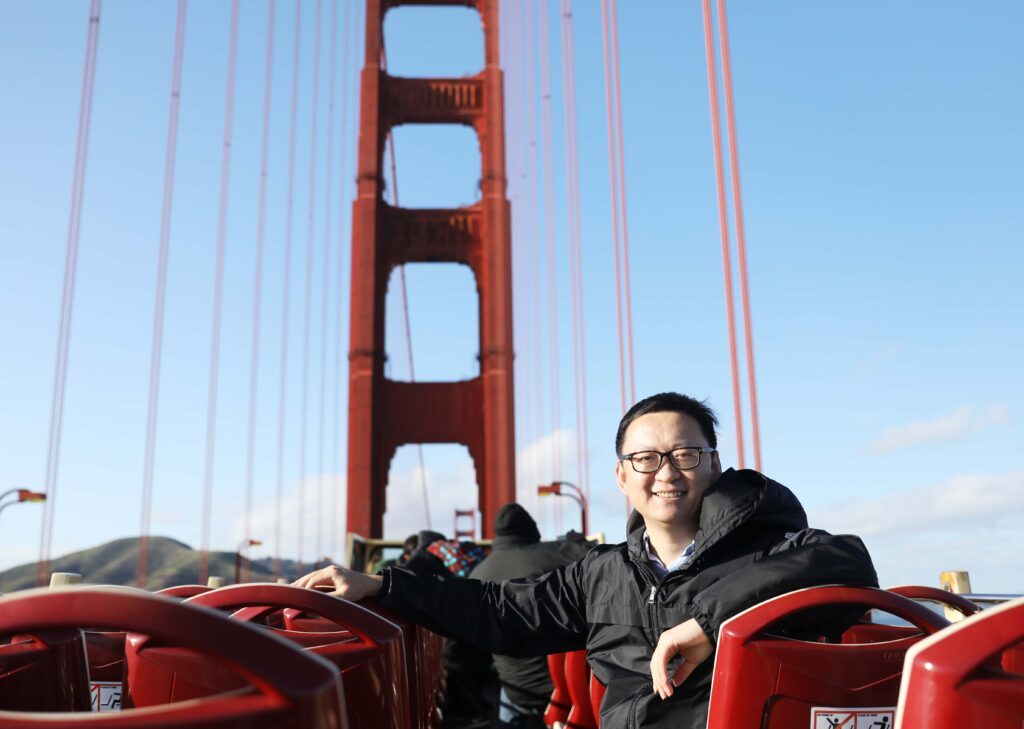
Six o’clock, Sunday morning – the day was dawning, and the morning sun in the East rendered the sky of Toronto with magnificent colours. I was already impatient – I couldn’t wait to embark on a flight to San Francisco for the long-awaited EMBA International Business Study Trip.
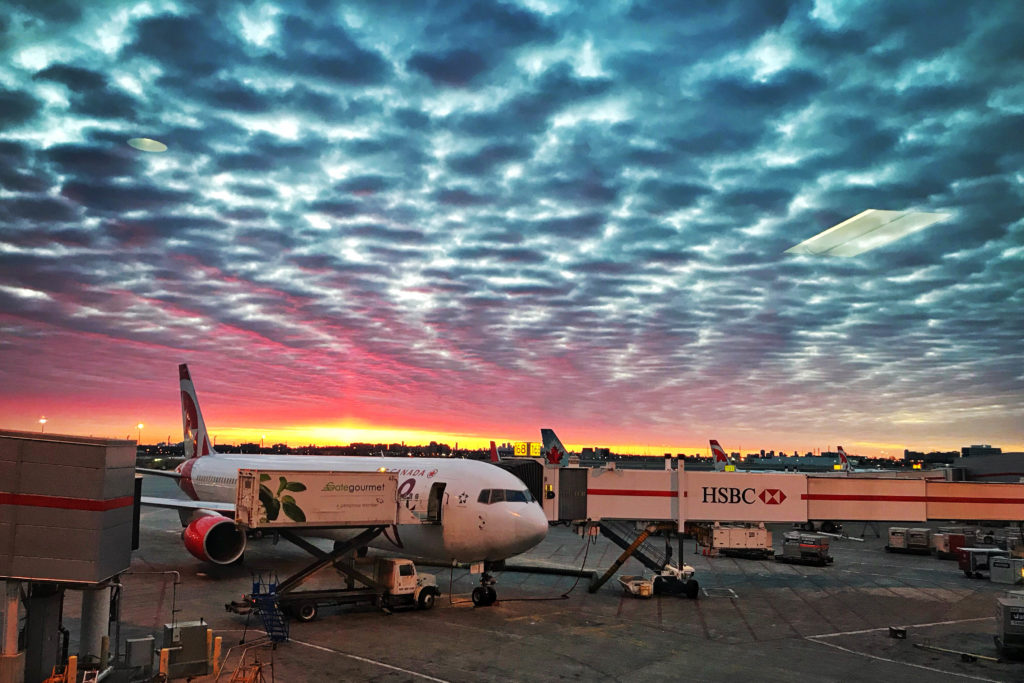
When my plane landed at the San Francisco airport, hundreds of messages from our EMBA WhatsApp group flooded my phone before I even arrived at the airport! At the invitation of our classmate Edward, we set out to visit Google’s headquarters as a self-organised trip.
When I was studying in the United States over a decade ago, my first visit to Google in Silicon Valley was like a pilgrimage. Returning to Google now, everything about the place still feels familiar. Google’s friendly office environment, flexible employment mechanisms and open corporate culture have profoundly influenced and changed high-tech companies around the world and inspired numerous innovators.
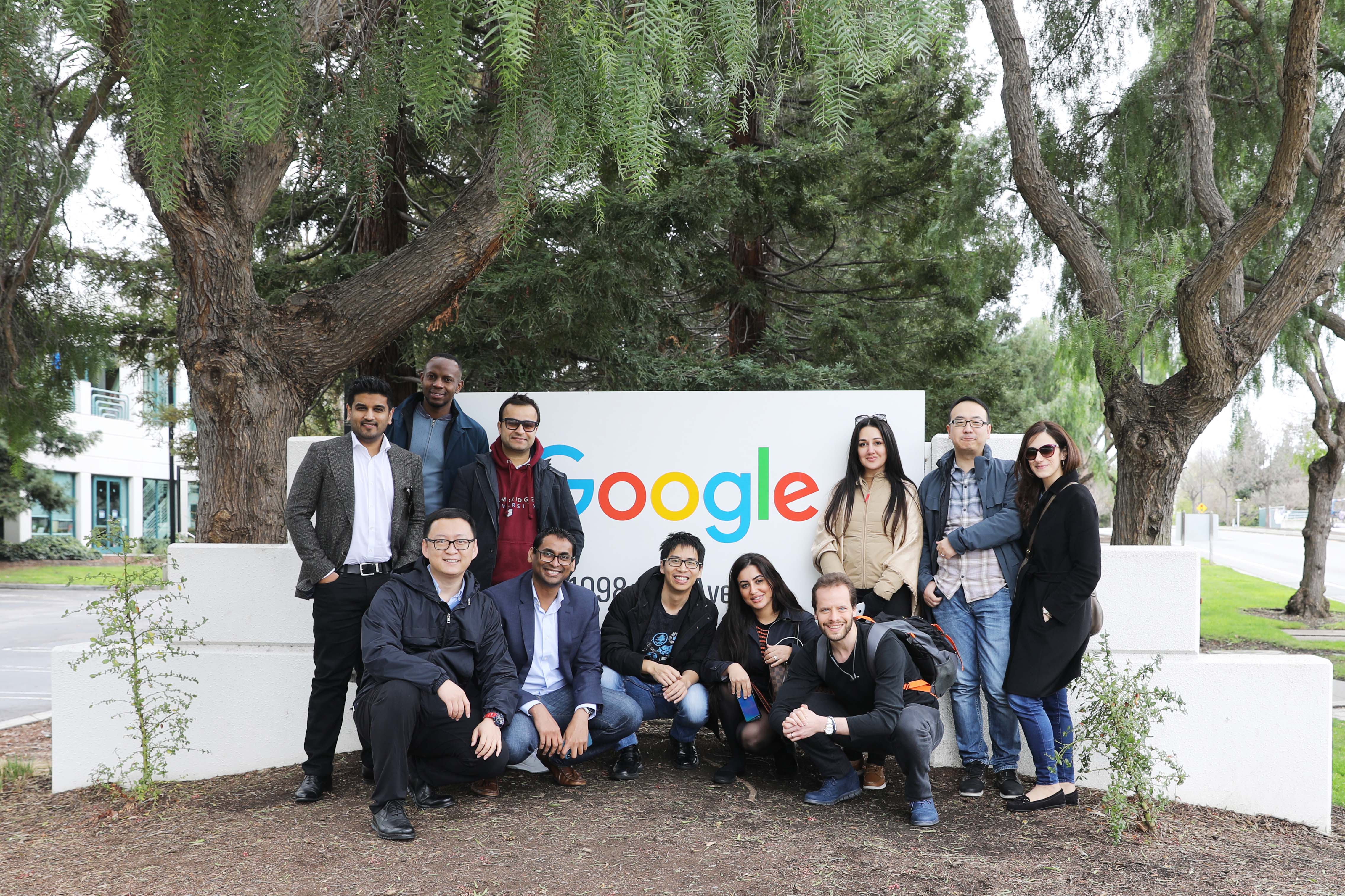
A recurring theme of this trip to Silicon Valley was the role of China. In Google’s campus, we saw faces of Chinese engineers everywhere. Just three months ago, Google’s CEO Sundar Pichai participated in the World Internet Conference in Wuzhen, China. At the same time, Google’s Artificial Intelligence Centre was formally established in Beijing. The Centre is led by Google Cloud’s Chief Scientist of Artificial Intelligence and Machine Learning, Dr. Feifei Li, a Chinese Professor at Stanford University. This marked the return of Google to China after eight years. The cooperation and competition between China and the United States has never been as extensive and intense as it is today. For example, when Google Waymo’s self-driving car finally covered 5 million test-drive miles, Baidu’s Apollo self-driving car was openly tested on the road from Beijing’s fifth ring road to California. The project leader of the Baidu project was from Silicon Valley — Dr. Lu Qi of Carnegie Mellon University, the former Microsoft Vice President who returned to China.
This buzz on the China topic continued into our evening seminars. In a small bar in San Francisco, 84 Cambridge EMBA students and US-based Cambridge alumni engaged in spirited discussions on the future challenges for Silicon Valley from China with a panel of guests: lecturers Michael Kitson, Professor of Economics, and Dr. Jochem Kroezen, Lecturer in International Business from CJBS; Naeem Zafar, lecturer from the University of California, Berkeley, and Ms. Lisa Van Dusen of the Silicon Valley SV2 Ventures and guest lecturer at Stanford University.
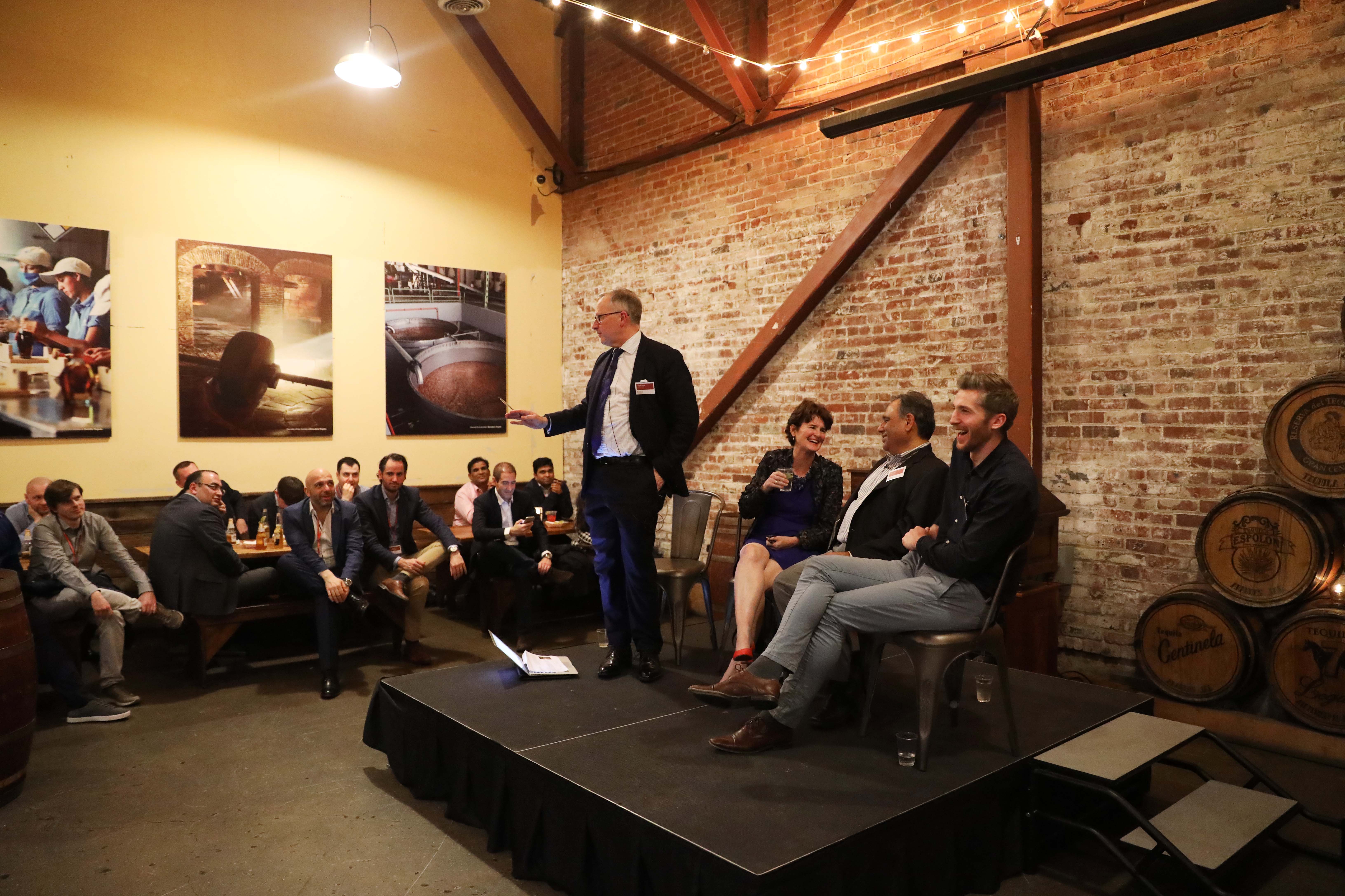
Silicon Valley companies have never paid as much attention to China as they do today. When we visited Slack (company valuation more than $5 billion), their CFO Allen Shim said that WeChat from China is a truly compelling competitor. Also, in a discussion with Vitaly Golomb, a venture capital expert from IEG and author of Accelerated Startup, we learned that investment from China is playing a more important role in Silicon Valley today.
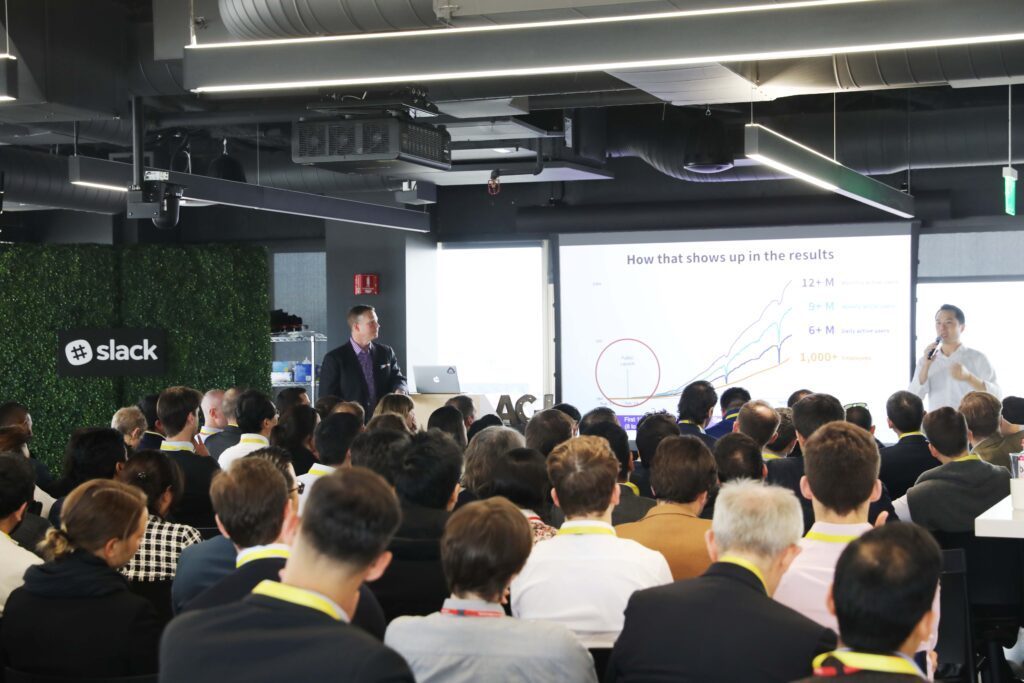
In a discussion at Eventbrite, we had the privilege of meeting Cambridge alumnus Nils Gilbreth, the company’s vice president of finance, and his young executive team. Eventbrite, the unicorn company that serves as an online event planning platform, helped 65 million people participate in online events in 180 countries last year. However, over the past 12 years, although the company’s business has grown rapidly from Silicon Valley to Brazil, Canada, Australia, Germany, and the UK, it has never formally entered China. Meanwhile, the company has given local companies in China space to learn and grow in the same area. This made me think – apart from linguistic and cultural barriers, the uncertainty surrounding China’s policies, and the lack of multinational management talents who are familiar with the rules of the game in both China and the US, may be the reason why many Silicon Valley companies have so far failed to enter China.
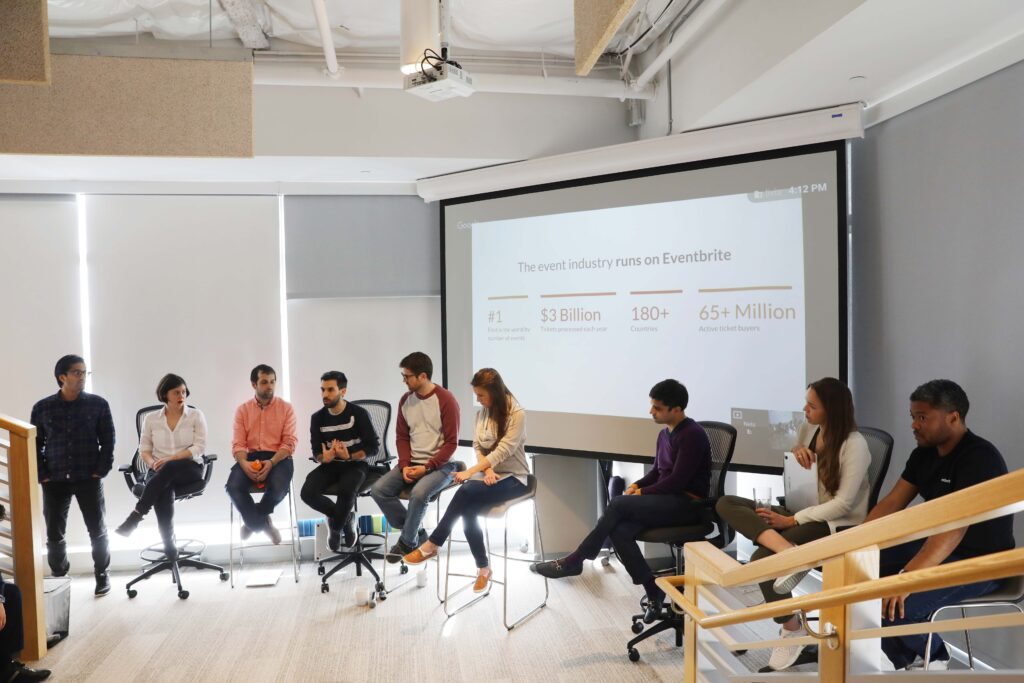
The schedule of the IBST was intense and exciting. In Konicu’s laboratory, we saw the next generation of biological neuron processors. At McAfee’s California headquarters, we learned about the latest trends in artificial intelligence in the field of cyber security. Of course, there was nothing better than listening to marketing guru Paul Wagner’s lecture in person at a winery in Napa Valley.
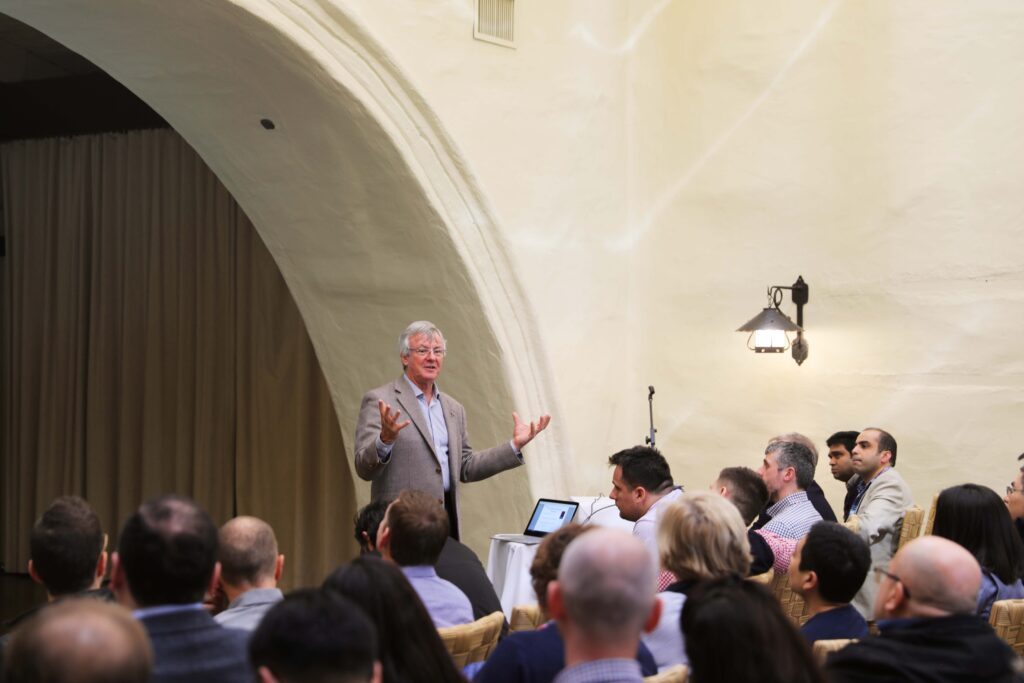
Thanks to Cambridge University’s influence and alumni network, we had the opportunity to learn from the leaders of the Silicon Valley business community. Before coming to Cambridge, it was hard to imagine that I would someday have the chance to meet face-to-face with senior executives from companies like Uber, VMware, Oracle, and Salesforce.
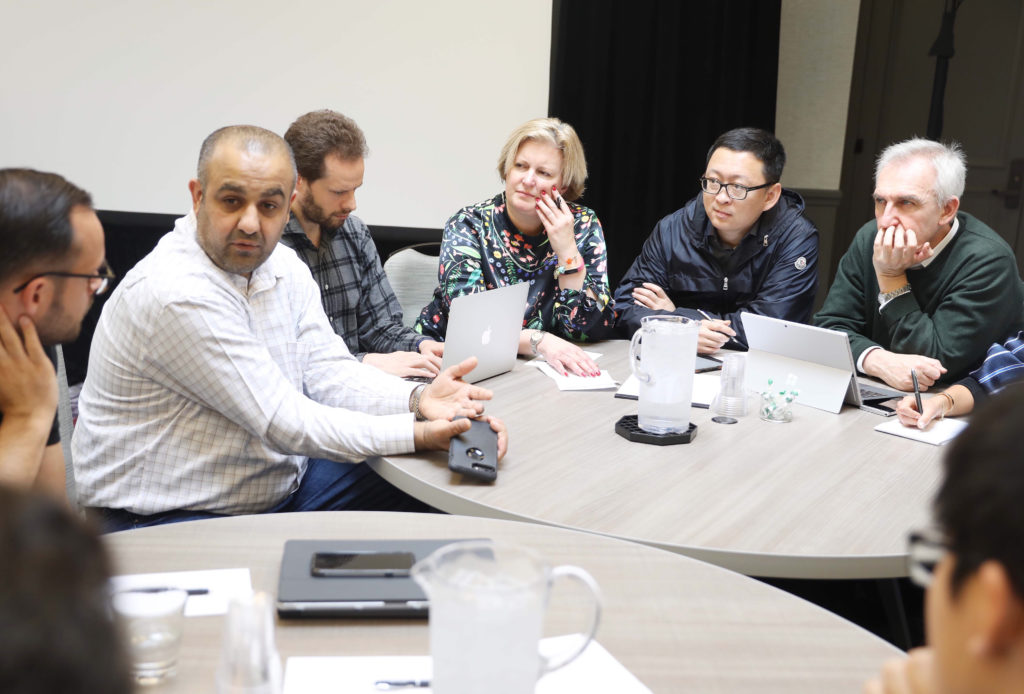
It had not been easy to gather together 84 EMBAs from dozens of different countries in Silicon Valley for a whole week. Even Uber’s Head of Business Operations, Anoop Grover, was curious about how we could balance family, education, and a career. He wrote an intriguing article called “Building for the future” to record this unforgettable day.
Silicon Valley’s culture encourages innovation whilst tolerating failure, and there’s certainly no lack of ambition to break with tradition and potentially change the world. However, it is still not easy to be so brave and candid in explaining failures like Mr. Marcos Nader, the global Vice President of DocuSign and founder of Comprova. Failure in Silicon Valley may be an asset for showing-off sometimes, but few people really understand the hardships and price you have to pay behind it, especially for those entrepreneurs who came to Silicon Valley from outside the US and faced greater challenges and difficulties. As a corporate executive who was once in the reverse situation, bringing Chinese state-owned enterprises and private capital to seek development in the US, I strongly related to Marcos Nader’s speech.
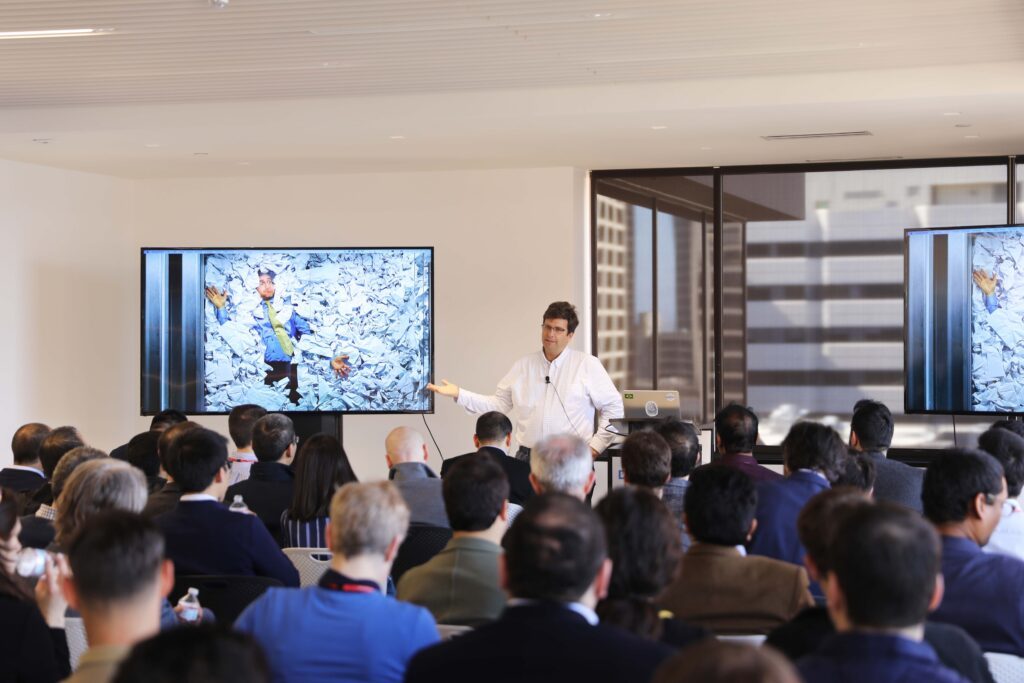
During this week, in addition to dialogues with business leaders and academic advisors in Silicon Valley, we also visited the famous Delancey Street Foundation, where we learned what real influence is and what social responsibility the future leaders need to think about.
The trip is also a process for both mutual learning and ‘forced’ learning. Our professor divided us into 16 groups to analyse and provide solutions for different scenarios in different countries. We would then be asked questions from the professors and a separate evaluation team. Together with my team members, I worked on the challenges and opportunities faced by the electric vehicle industry in China and the United States, and successfully completed our team presentation.
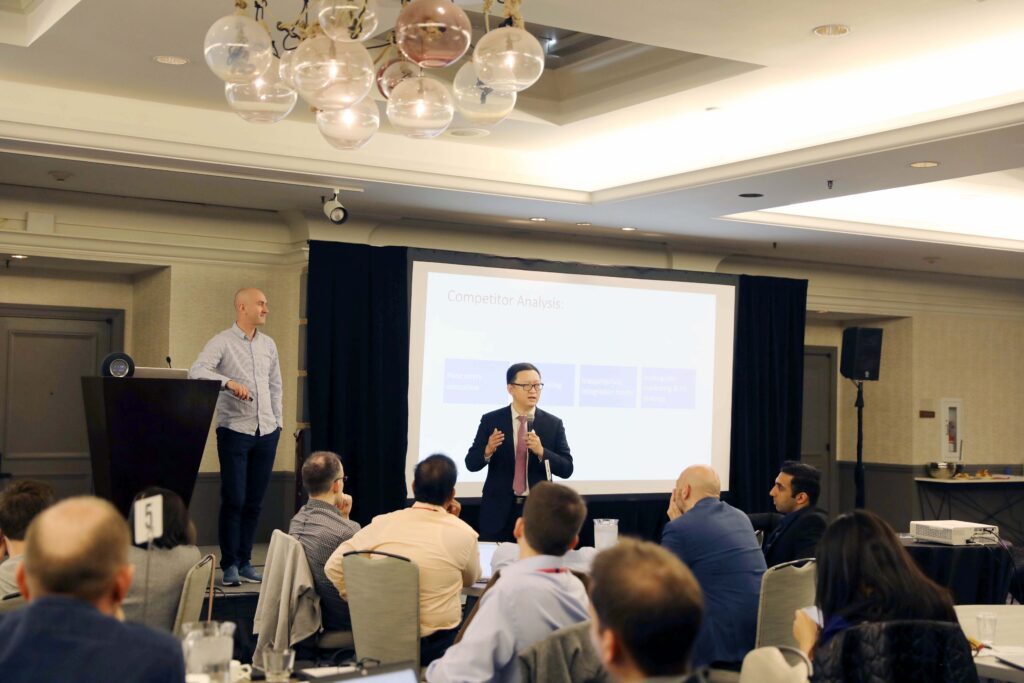
If I had one regret from this trip, I would say that I wish we could have had more time. Daily classes, visits, assignments, and group discussions filled up the schedule and sometimes we were left with only 15 minutes for lunch. I did not even have time to check out the Golden Gate Bridge during the whole week in San Francisco. Eventually I took the time right before going to the airport to hop on a tour bus through the city.
Perhaps I’m still not as hard-working as my classmates appear to be. Within such an intense schedule, my classmates managed to play a game of soccer, basketball, and attend various dinners and cocktail parties. I am envious of those who could stay up till 1 am to prepare for exams, those who could still hangout at Karaoke bars at 2am and reply to emails at 3am, and those who are already jogging and swimming at 5am! Now I really understand what it means when people say those who are smarter than you are at the same time more diligent than you.
The EMBA IBST was a short but action-packed week of collective learning. Before leaving San Francisco, we learned that both men’s and women’s teams of Cambridge University defeated those of Oxford University in the 164th rowing match in London and our whole class in San Francisco applauded the winning Cambridge alumni on the banks of Thames in the distance. Afterwards, at the airport, I bid goodbye to my classmates, who would fly back to Australia, Italy, Germany, Spain, and New York.
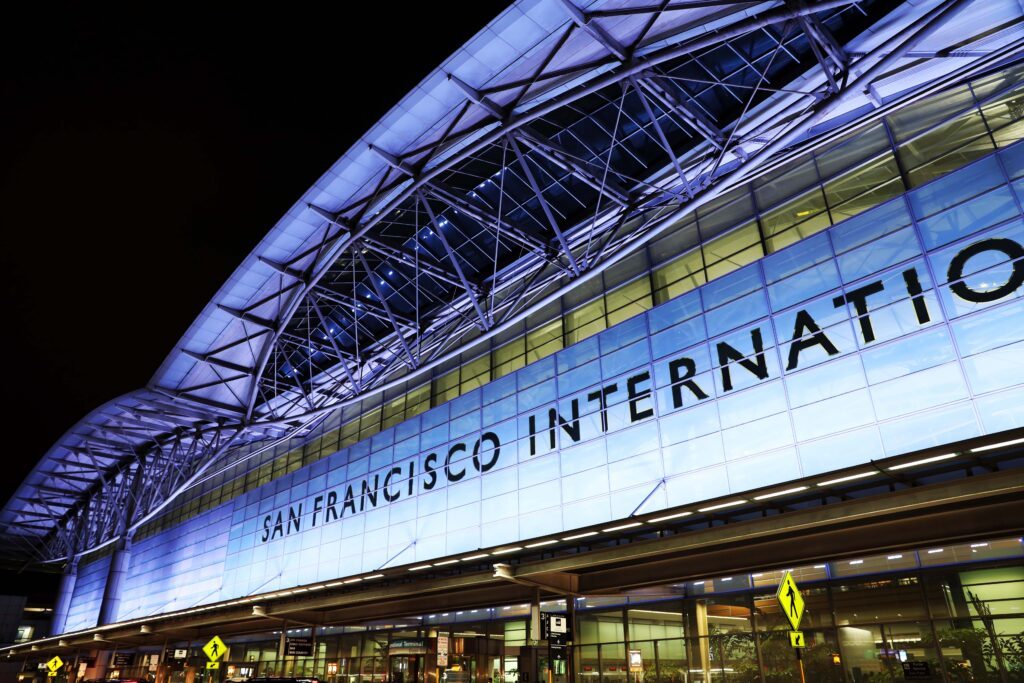
As the plane circled over San Francisco, I looked down at the lights on the ground with a degree of excitement. This is a time of separatism and at the same time globalisation. It may not make much sense to discuss whether China will duplicate the next Silicon Valley, for the success of Silicon Valley was not an overnight miracle. The spirit and philosophy of Silicon Valley, however, will surely continue to flourish and inspire all of humanity to progress.


Leave a Reply